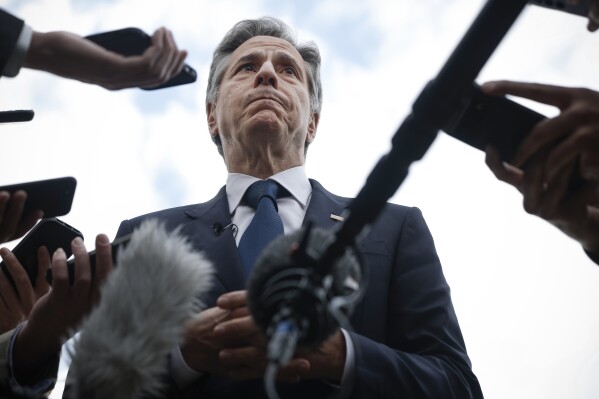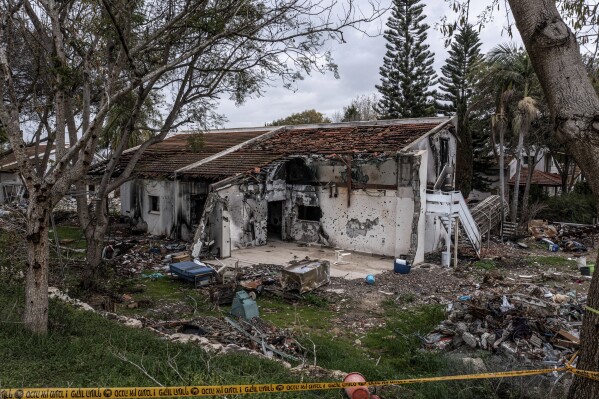Putin's War Is Changing How People Speak in Ukraine
Vladimir Putin's war in Ukraine is changing how people are speaking, new research has found.
Researchers from LMU Munich, the University of Bath, and the Technical University of Munich (TUM) reached this conclusion by analyzing social media language before and after the war broke out. Their findings are published in the journal Communications Psychology.
Most Ukrainians are fluent in Russian and Ukrainian because Russian culture was widespread during the days of the Soviet Union. However, the study's results showed a dramatic shift from the use of the Russian language to Ukrainian after Moscow launched its full-scale invasion of Ukraine on February 24, 2022.
"Apparently the war is causing people to increasingly turn away from the Russian language," Daniel Racek, lead author of the study and a doctoral student at LMU's Department of Statistics, said in a summary detailing the findings.
Racek and his team looked at over 4 million tweets from 63,000 social media users in Ukraine between January 2020 and October 2022. Upon the outbreak of war, they discovered that a shift from Russian to Ukrainian accelerated.
There is evidence that the Russian language was becoming less popular in Ukraine even before the war, following the annexation of Crimea in 2013/2014. The findings by Racek and his team suggest that the current conflict has caused a sharp uptick in those using Ukrainian.
They conclude that this change must be down to political attitudes. Ukrainians are shifting away from Russian culture and language as a way to distance themselves from Moscow as much as possible. They found that most people are making a conscious effort to speak less Russian, with some even dropping the language altogether.
"Social media is critically important in today's society," the authors wrote in the study. "In recent years, it has played a key role in a number of political shifts and crises. While social media has been found to amplify all manners of misinformation, propaganda, populism, and xenophobia, it can also serve as a mechanism to call for aid and as a source for live updates of major events unfolding."
As the war is taking place in the "digital era" the study notes that there are more updates than ever before of "the horrific events" in real time.
"This provides a unique digital trace of many first-hand accounts of the war, as citizens are communicating among each other and to the public," the study says.
"This is generally known as crisis informatics, whereby social media data are utilized before, during, or after emergency events for use [in] cases such as disaster monitoring, management, and prevention," it says. "Recent studies have demonstrated that tweets can capture events of political violence and can help in monitoring and understanding intra-country conflicts."
Do you have a tip on a science story that Newsweek should be covering? Do you have a question about language? Let us know via science@newsweek.com.
Disclaimer: The copyright of this article belongs to the original author. Reposting this article is solely for the purpose of information dissemination and does not constitute any investment advice. If there is any infringement, please contact us immediately. We will make corrections or deletions as necessary. Thank you.



